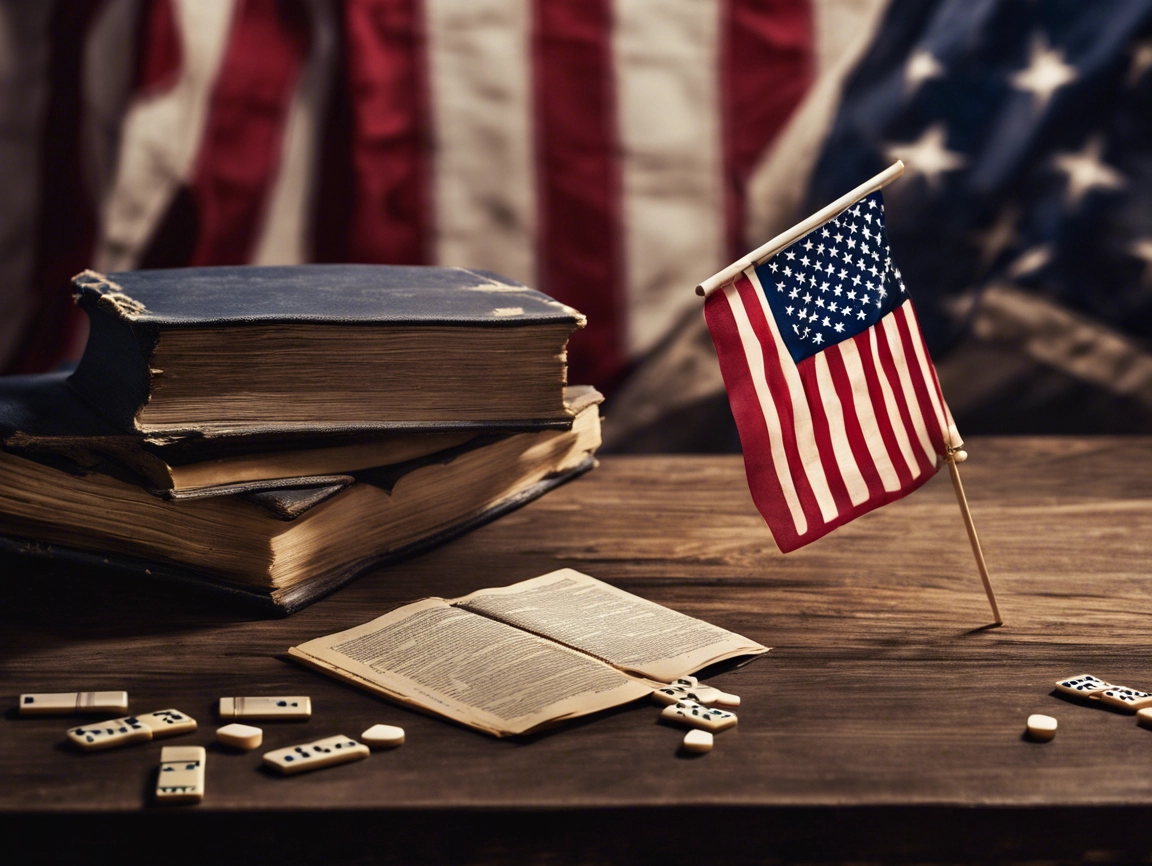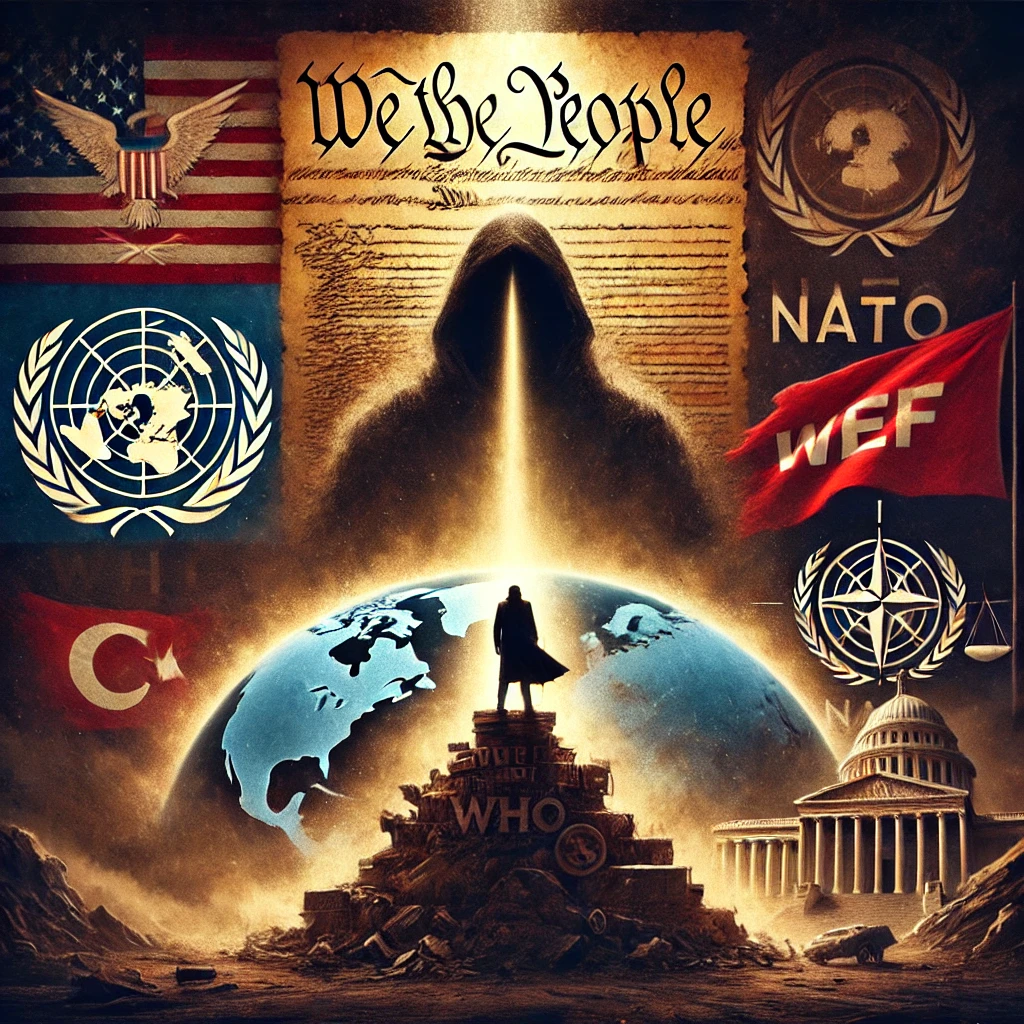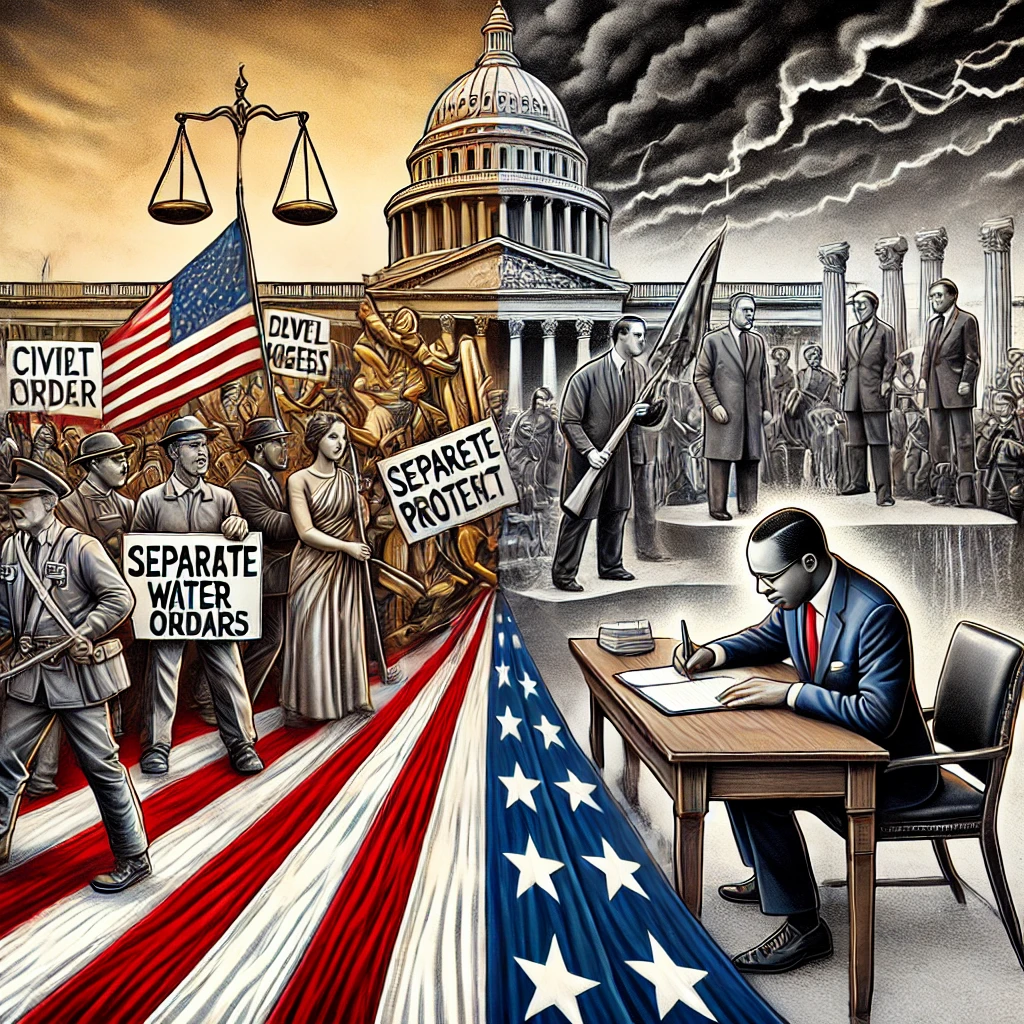The decision to ban TikTok, a popular social media platform, has ignited intense debate, raising concerns about the erosion of constitutional rights and the dangers of unchecked governmental power. This essay delves into the multifaceted dangers posed by the TikTok ban, exploring its implications on constitutional principles, democratic values, and global interconnectedness. TikTok, with its unique algorithm-driven content creation and sharing features, has captured the attention of millions worldwide. Its ban, ostensibly justified on national security grounds, warrants close scrutiny not only for its immediate impact but also for its broader implications on civil liberties and the democratic order. By understanding the complexities surrounding the TikTok ban, we can discern its far-reaching consequences and the imperative of safeguarding democratic principles in the digital age.
The TikTok ban, initiated under the guise of national security concerns, serves as a poignant example of government overreach and the abuse of executive authority. Earmarks, embedded within broader legislative frameworks, grant immense power to government officials to target specific entities without due process. The absence of transparent criteria for such bans and the lack of judicial oversight render them susceptible to arbitrary and discriminatory application, undermining the fundamental principles of fairness and justice enshrined in the Constitution. The unchecked expansion of executive power, facilitated by earmarks, undermines the system of checks and balances integral to the preservation of democratic governance. Moreover, the use of national security as a pretext for such actions raises questions about the politicization of security concerns and the potential for abuse in the absence of meaningful oversight mechanisms.
The First Amendment of the United States Constitution guarantees the right to free speech and expression, safeguarding the cornerstone of democratic discourse. However, the TikTok ban jeopardizes this fundamental right by stifling online expression and censoring dissenting voices. Moreover, the ban’s unilateral imposition without adequate avenues for appeal or redress violates the principle of due process, denying affected parties the opportunity to challenge allegations or present evidence in their defense. Such unchecked executive action sets a dangerous precedent, emboldening future administrations to circumvent constitutional safeguards in the pursuit of political expediency. The erosion of free expression not only undermines individual liberties but also threatens the vibrant exchange of ideas essential to a healthy democracy. Additionally, the lack of transparency in the decision-making process surrounding the ban raises concerns about accountability and the rule of law, further eroding public trust in governmental institutions.
Beyond its constitutional implications, the TikTok ban carries significant economic repercussions, disrupting the livelihoods of content creators, businesses, and investors reliant on the platform’s ecosystem. The interconnected nature of the global economy amplifies these effects, reverberating across international markets and exacerbating geopolitical tensions. Furthermore, the ban’s unilateral imposition undermines diplomatic efforts to foster cooperation and mutual understanding, perpetuating a cycle of mistrust and isolationism detrimental to global stability and prosperity. The arbitrary nature of the ban creates uncertainty for businesses and investors, inhibiting innovation and hindering economic growth. Moreover, the loss of access to a global audience impedes the ability of content creators to share their stories and perspectives, diminishing cultural exchange and understanding. The economic fallout from the TikTok ban underscores the interconnectedness of the digital economy and the imperative of fostering a regulatory environment that balances security concerns with economic prosperity and innovation.
In the face of mounting threats to democratic principles, it is imperative for citizens and policymakers alike to uphold the rule of law and defend constitutional rights. Legislative reforms aimed at curbing executive overreach and enhancing accountability mechanisms are essential to safeguarding the integrity of democratic institutions. Additionally, fostering a culture of digital literacy and civic engagement is paramount in empowering individuals to discern misinformation and challenge authoritarian impulses. By championing transparency, inclusivity, and respect for human rights, we can fortify the resilience of democracy against internal and external threats, ensuring a brighter future for generations to come. The preservation of democratic values requires collective action and unwavering commitment to upholding the principles of justice, equality, and freedom. Efforts to promote civic education and engagement, particularly among younger generations, are crucial in nurturing an informed and active citizenry capable of defending democratic norms in the face of emerging challenges.
The TikTok ban epitomizes the dangers of unchecked governmental power and the erosion of democratic values in the digital age. By recklessly disregarding constitutional principles and undermining global interconnectedness, it poses a grave threat to America’s democratic fabric and the stability of the international order. Only through collective action and unwavering commitment to upholding democratic ideals can we confront these challenges and forge a path toward a more just and equitable society. The preservation of democratic values requires vigilance and active engagement from citizens, policymakers, and civil society organizations. By holding elected officials accountable and advocating for the protection of civil liberties, we can ensure that democracy remains resilient in the face of emerging threats. Together, we must reaffirm our commitment to the principles of freedom, equality, and justice, safeguarding the foundations of democracy for generations to come.



